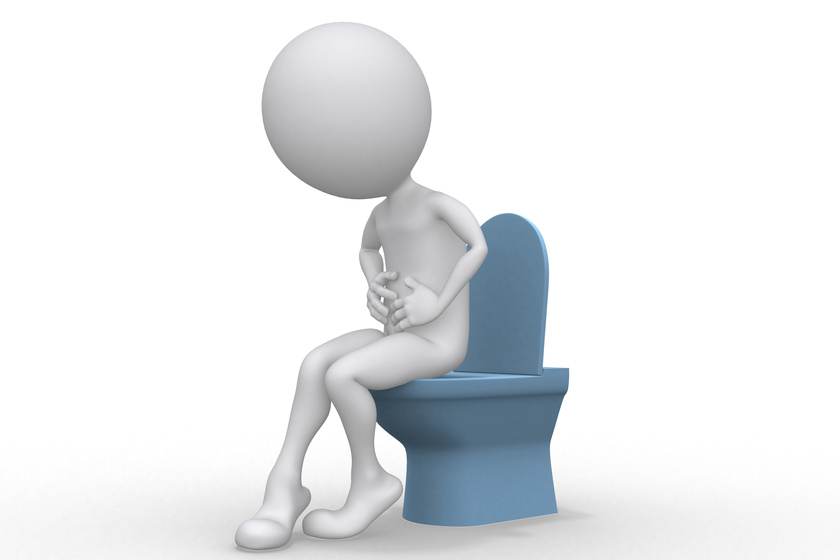In assisted living, the elderly are often more susceptible to health issues related to constipation. This is because they are not as active and have limited mobility. In fact, according to research conducted by the National Institutes of Health (NIH), every year, around 2 million Americans suffer from constipation. It’s also one of the most common reasons people visit their doctors for treatment. If you or a loved one is facing problems with constipation in assisted living in Grand Prairie, TX, then this article will help you understand what causes it and how it can be prevented:
How To Identify Constipation
If your loved one is showing symptoms of constipation, there are a few ways you can identify it. Constipation can affect elderly people in many ways. They may have infrequent bowel movements, hard stools, or straining during bowel movements. If you see these signs, it’s likely that your loved one is suffering from constipation. It’s important to note that constipation isn’t an illness on its own—it’s just a symptom of another health problem that needs to be addressed by a doctor or healthcare professional.
What Causes Constipation In The Elderly?
Many factors can cause constipation in the elderly.
- Medications: Many medications, including those prescribed to treat high blood pressure, chronic pain and certain mental health conditions, have adverse effects on bowel movements. It’s important to talk with your doctor if you believe your medication is causing constipation.
- Dehydration: If one doesn’t drink enough water throughout the day, dehydration may occur and lead to constipation. Water helps us eliminate waste from our bodies by helping it pass through our digestive tract smoothly and quickly.
- Lack of exercise: A lack of physical activity can lead to sluggish bowels caused by a lack of muscle tone in muscles required for proper digestion and elimination (the colon). Even if someone has mobility issues due to an illness like Parkinson’s disease or arthritis, they should still try doing short exercises daily to keep their muscles active!
How Can You Prevent Constipation In The Elderly?
Eat foods that aid digestion, like fiber-rich foods: Fiber is a carbohydrate that helps food pass through the digestive system more quickly. Fiber can be found in vegetables, fruits, whole grains, and beans. The best way to get enough fiber is by eating various foods from these groups at every meal. Eating this way will help prevent constipation and make you feel better overall!
Be active and exercise regularly: Exercise is good for your body and mind. It reduces stress, helps you sleep better, and increases self-esteem. Exercise also helps prevent constipation by stimulating peristalsis—the natural contraction of your intestinal muscles that moves food through your digestive tract. Regular exercise improves muscle tone; less waste in the colon can move more quickly through the stomach and into the intestines.
Another benefit of physical activity is its ability to help maintain a healthy weight. People who are overweight tend to have more trouble going to the bathroom than those with a normal BMI (body mass index). Keeping tabs on weight is one way to avoid becoming constipated—and if you’re already constipated, losing some pounds might be just what you need!
Drink plenty of fluids and stay hydrated: One of the most important things you can do to keep your body hydrated is to drink plenty of water. A lack of fluids can lead to dehydration, which in turn can cause constipation.
Drink at least 8 glasses of water a day and if possible, try drinking more than this. Also, avoid alcohol, as it will dehydrate you and make your body retain fluid.
Conclusion
We hope that you found this article helpful in relieving your constipation. If you are concerned about your or a loved one’s constipation and need more information, don’t hesitate to get in touch with our assisted living in Grand Prairie, TX experts. We would love to help with any questions or concerns that you may have.







